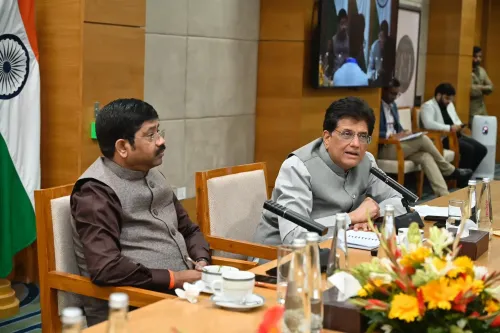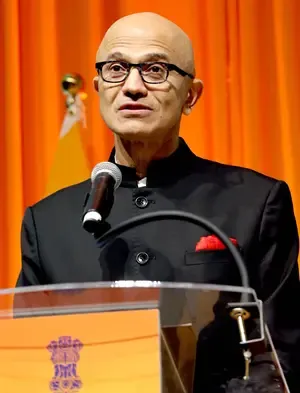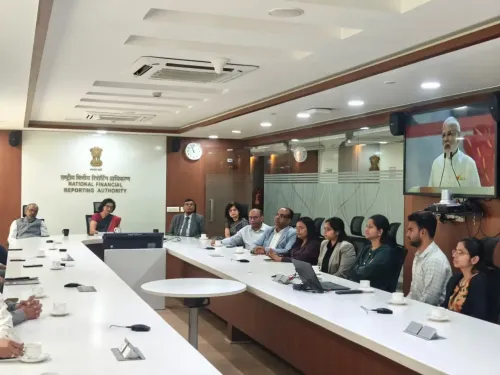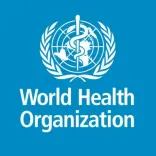Is India Experiencing a 40x Surge in Ultra-Processed Food Sales, Leading to Increased Obesity and Diabetes?

Synopsis
Key Takeaways
- UPF sales in India have surged dramatically.
- Obesity rates have doubled among men and women.
- Aggressive marketing targets children and youth.
- There is a need for urgent regulatory measures.
- Experts advocate for improved access to healthy foods.
New Delhi, Nov 19 (NationPress) India is witnessing an unprecedented surge in ultra-processed food (UPF) sales, resulting in a significant dietary shift that contributes to rising rates of obesity and diabetes, ultimately impairing public health, according to a recent three-paper Series published in The Lancet on Wednesday.
UPFs are characterized as food items that are predominantly high in fat, sugar, and/or salt (HFSS), containing a plethora of undesirable and potentially harmful ingredients such as cosmetic additives, stabilizers, emulsifiers, colorants, and flavor enhancers. These products are strongly correlated with an elevated risk of obesity, type 2 diabetes, cardiovascular diseases, depression, and premature mortality, among other serious health issues.
The comprehensive study, authored by 43 international experts, revealed that retail sales of UPFs in India skyrocketed from $0.9 billion in 2006 to nearly $38 billion in 2019—marking a staggering forty-fold increase.
Retail shelves are now overwhelmed with pre-packaged food and beverage items such as namkeens, noodles, biscuits, sugar-laden drinks, chips, and breakfast cereals, heavily marketed towards children and youth.
This dietary transition has resulted in a dramatic rise in obesity rates in India, which have doubled among men (from 12% to 23%) and women (from nearly 15% to 24%), according to the findings.
The Series highlighted the aggressive marketing tactics employed by UPF companies to boost consumption.
“Current regulations are inadequate to curb marketing practices. India must take immediate action to reduce UPF consumption and strive to reverse the trends of obesity and diabetes in the upcoming years. Given that India is witnessing the fastest growth in UPF sales alongside alarming evidence of poor health outcomes, it is imperative to prioritize UPFs as a critical health issue,” stated Dr. Arun Gupta, a pediatrician and co-author of the Series papers.
The authors called for decisive public health initiatives to combat UPFs and enhance global dietary habits.
Rather than solely depending on consumer behavior changes, they emphasized the need for coordinated policies aimed at reducing UPF production, marketing, and consumption, while simultaneously improving access to healthy foods.
“India needs robust regulatory measures focused on UPF production, marketing, and transparent disclosure of ingredients. Front-of-pack warning labels should effectively communicate the harmful levels of salt, sugar, and fat to consumers,” remarked Prof. Srinath Reddy, Chancellor of PHFI University of Public Health Sciences.
“Promoting UPFs as addictive can lead to various marketed health issues. A ban on their advertising and sponsorship is essential, especially due to the pervasive influence of celebrity endorsements,” he concluded.









